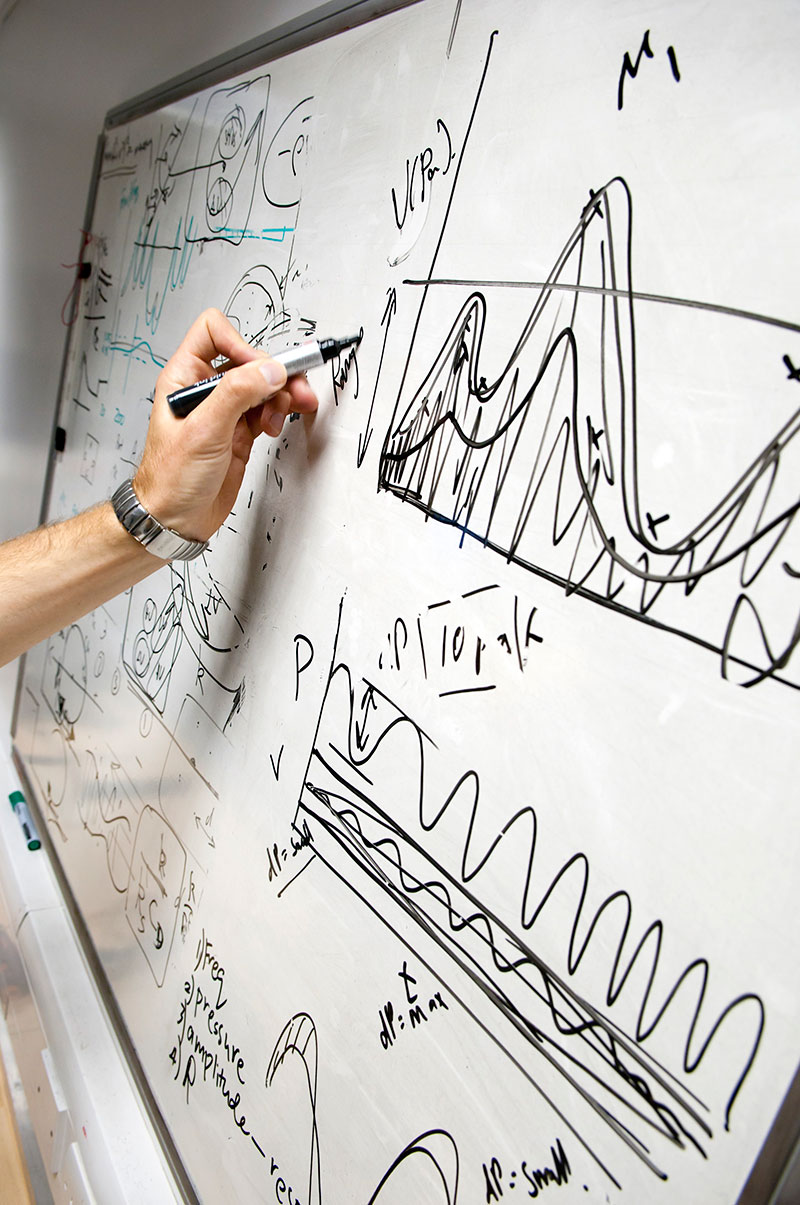CORE LECTURES
The programme began in October 2014 with around 40 hours of core non-examined lecture courses which ensured that the Early Stage Researchers (ESRs) were equipped with the essential elements required to enable them to embark on their research projects.
TEAMWORK TRAINING & CREATIVITY
This intensive course helped to build the foundations of the student cohort. The course focuses on teamwork, personal development, creativity and effective presentation. Underlying the training is a networking and relationship-building ethos whereby working relationships between the PhD students within the IDP cohort are fostered. The course was designed to simulate a “sandpit” event where a group of multidisciplinary participants drive lateral thinking to address particular research challenges and finishes with groups pitching their ideas to a mock panel.
TECHNICAL WRITING
Run by the Imperial College Graduate School (ICGS), this course focussed on training students to write with a clear and direct style and plan, research, organise and compose a literature review, and covered topics such as “Writing for the expert”, “Writing for the layperson”, “Technical writing” and “Effective use of graphics”.
INTELLECTUAL PROPERTY MANAGEMENT
A one-day course was delivered by Syngenta patent Attorneys this course provided the NexGenAgriChem cohort with a bespoke introduction to IP management, patents and their importance and impact to researchers.
RESEARCH ETHICS & BIOETHICS
This two day course, delivered by Professor Marianne Talbot, Director of Studies in Philosophy at the University of Oxford, provided an introductory course on Research Ethics, and Bioethics and covered topics such as “The fabrication and falsification of Data”, “Professional and Personal Integrity”, and Plagiarism and Collusion”. It also introduced the cohort to philosophical ethics, and enabled them to defend their own positions on various ethical issues. e.g. “Feeding the World: The Problem of Food Security”.
SCIENCE COMMUNICATION
A two-day course directed by Gareth Mitchell, lecturer in Broadcast Communication at Imperial College and BBC radio Click presenter, the cohort visited the BBC studios and practised their skills on both sides of the camera and microphone, as well as gaining experience of effective scientific writing under real time pressure.
INTERNATIONAL SCIENCE POLICY
An intensive full day course, delivered by Ehsan Masood, Editor of Research Professional, the day provided opportunities to discuss the relationship between communication, science and policy making in both the developed and developing world.
ENTREPRENEURSHIP & DEVELOPMENT BUSINESS AND ENTERPRISE AWARENESS
Run by Imperial College's Business School, this course introduced the cohort to the fast-moving business of global entrepreneurship, combining a practical hands-on approach with an underpinning of theory and academic research. The training provided the Early Stage Researchers with a taste of what is required to launch and manage successful new ventures on a global level and enhanced their enterprise skills, giving them an insight into the challenges of making and implementing decisions within a commercial context.